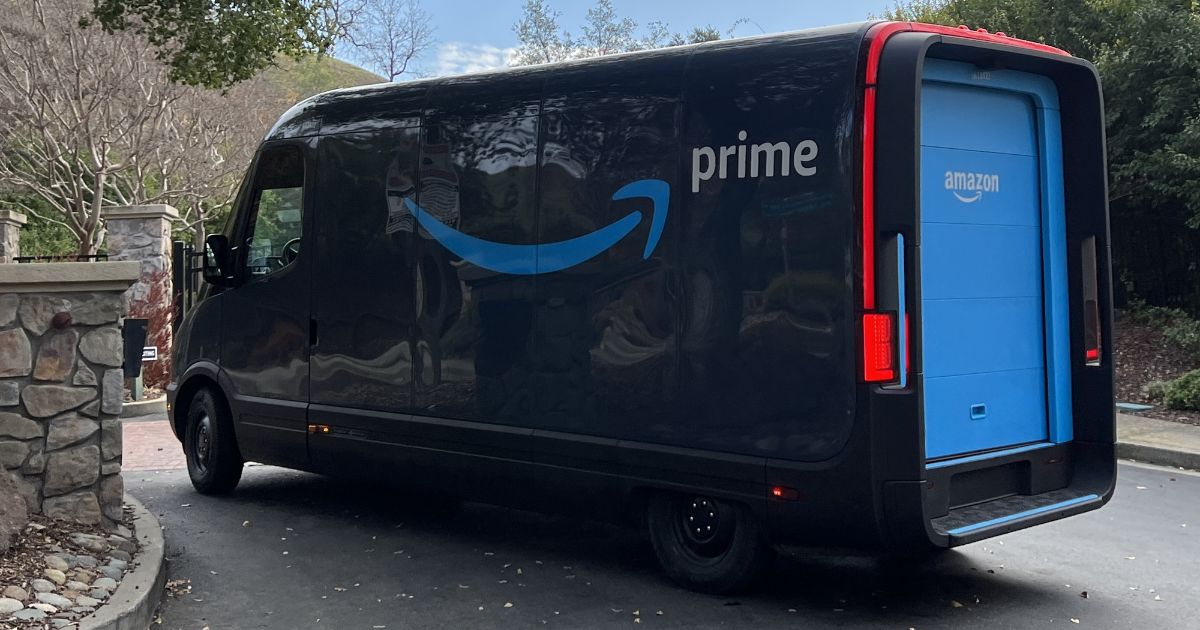NY’s ‘Congestion Pricing’ to Toll Drivers Nears Implementation.
New York City to Implement Congestion Pricing Plan
What You Need to Know
- Starting April 2024, drivers traveling below Midtown Manhattan will face extra fees for congestion.
- The plan is expected to get final approval from the federal government next month.
- All vehicles that enter or remain in Manhattan’s Central Business District (CBD) will be tolled.
- The plan will also include new concessions for low-income motorists and Uber and Lyft drivers.
- The MTA expects to raise $1 billion yearly in fees and borrow $15 billion against it to improve the transit system.
After years of heated debate, New York City is set to implement a congestion pricing plan that will charge drivers extra fees for traveling below Midtown Manhattan. The plan is expected to get final approval from the federal government next month and will be the first of its kind in the United States.
The plan has been a pet project for environmentalists, urban planners, and transit advocates nationwide for years. However, critics of the plan argue that it penalizes drivers who already pay high tolls to get into Manhattan and those who live in the tolling zone as an additional drain on their budgets.
The Metropolitan Transportation Authority (MTA), which is in charge of New York State’s subways, buses, and commuter rail lines, expects the plan to lower traffic and help improve the transit system while raising $1 billion yearly in fees. The plan will also include new concessions for low-income motorists and Uber and Lyft drivers.
Similar Programs in Other Cities
Singapore has charged drivers since 1975, along with Stockholm in 2007 and in parts of Milan in 2012, while fees have been in effect in central London since 2003, according to Bloomberg.
Final Approval and Construction
The MTA expects the U.S. Department of Transportation to give final approval after a 30-day public review period from May 12, 2023, through June 12, 2023. That significant step will allow construction to begin on tolling facilities. Transit officials said that its vendor would have 310 days, after final approval, to set up cameras and new infrastructure in time for next spring.
“Congestion pricing means less traffic, cleaner air, safer streets, better transit,” Janno Lieber, the MTA’s chief executive officer, said during a media briefing about the plan on Thursday.
MTA officials expect to borrow $15 billion against the $1 billion the agency expects to earn yearly from congestion pricing. Meanwhile, Lieber said he expects the tolling plan to face lawsuits.
“We studied the traffic intersections going down almost to Philadelphia, every possible air quality scenario, all the social justice and physical impacts,” Lieber said. “I’m confident that if anyone challenges this, this is going to stand up and that we’re going to implement congestion pricing for New York.”
Impact on Transit System
The money-losing transit agency claims that additional funds to improve the dysfunctional and largest mass transit system will help promote equity by expanding access to the system. The new funds will finance major capital projects such as expanding the Second Avenue Subway to 125 Street, updating the 120-year-old subway signal system, and additional elevators and escalators for stations to enhance accessibility.
A six-member Traffic Mobility Review Board will be appointed to determine the final tolling structure and other discounts or exemptions, with all meetings open to the public. Drivers using an E-ZPass may pay as much as $23 during peak hours and $17 during off-peak periods for those not given exemptions. The charges would vary depending on the time of the day and type of vehicle and state law requires the West Side Highway and FDR Drive to be exempt from the tolls.
The FHWA also requires that drivers making $50,000 per year receive a 25 percent discount if they cross into the zone more than 10 times a month, of which 16,000 drivers are estimated to be eligible, according to the MTA. A state law passed in 2019 also said that those living in the zone who earn less than $60,000 a year will receive a tax credit for congestion pricing payments.
The MTA’s final environmental review also included lower overnight tolls than what was published last August, which will be 50 percent less than the cost to enter the zone.
" Conservative News Daily does not always share or support the views and opinions expressed here; they are just those of the writer."





